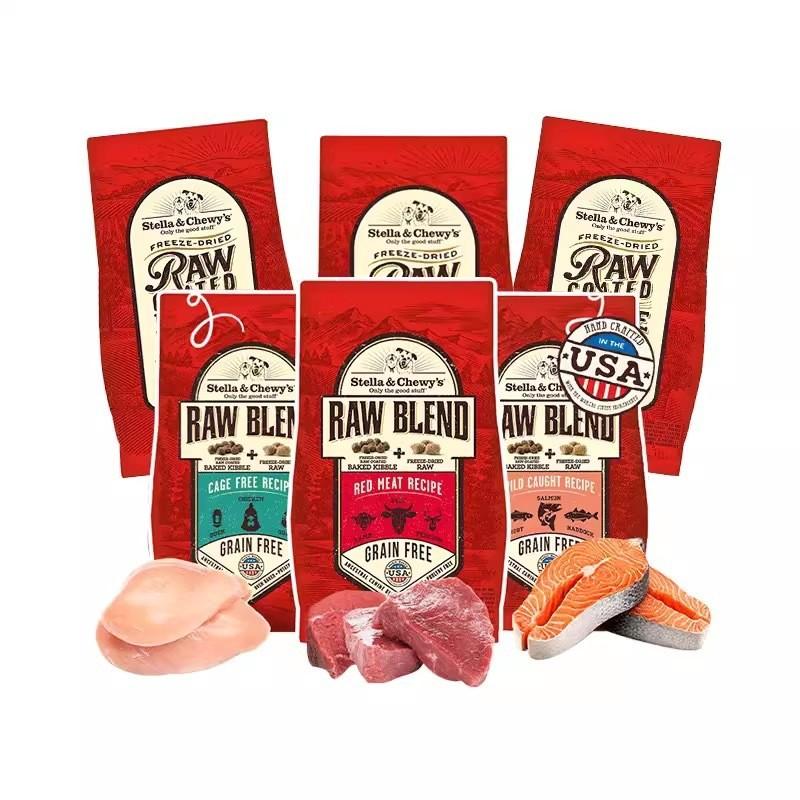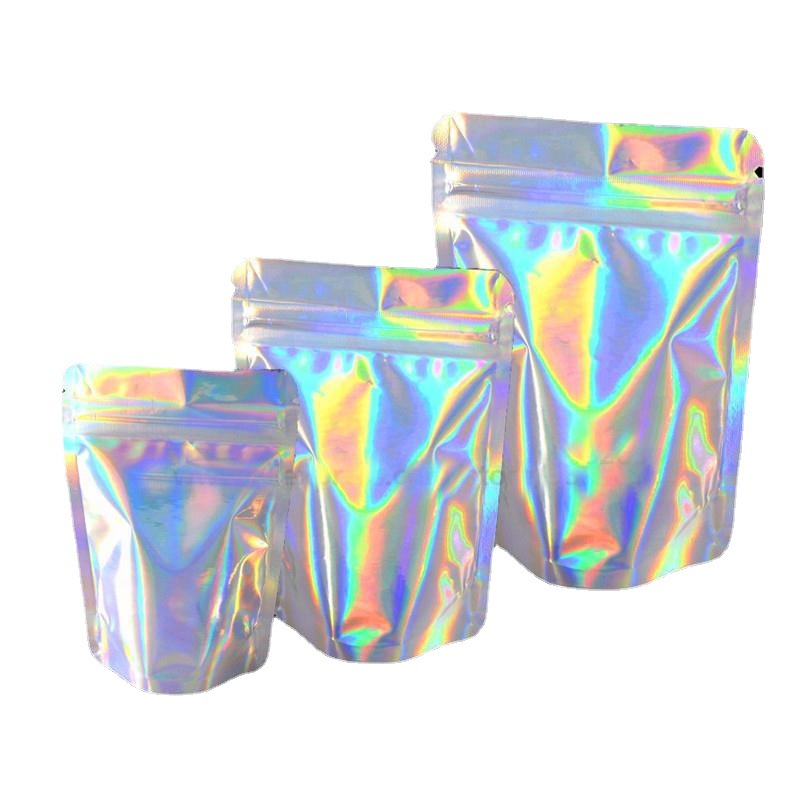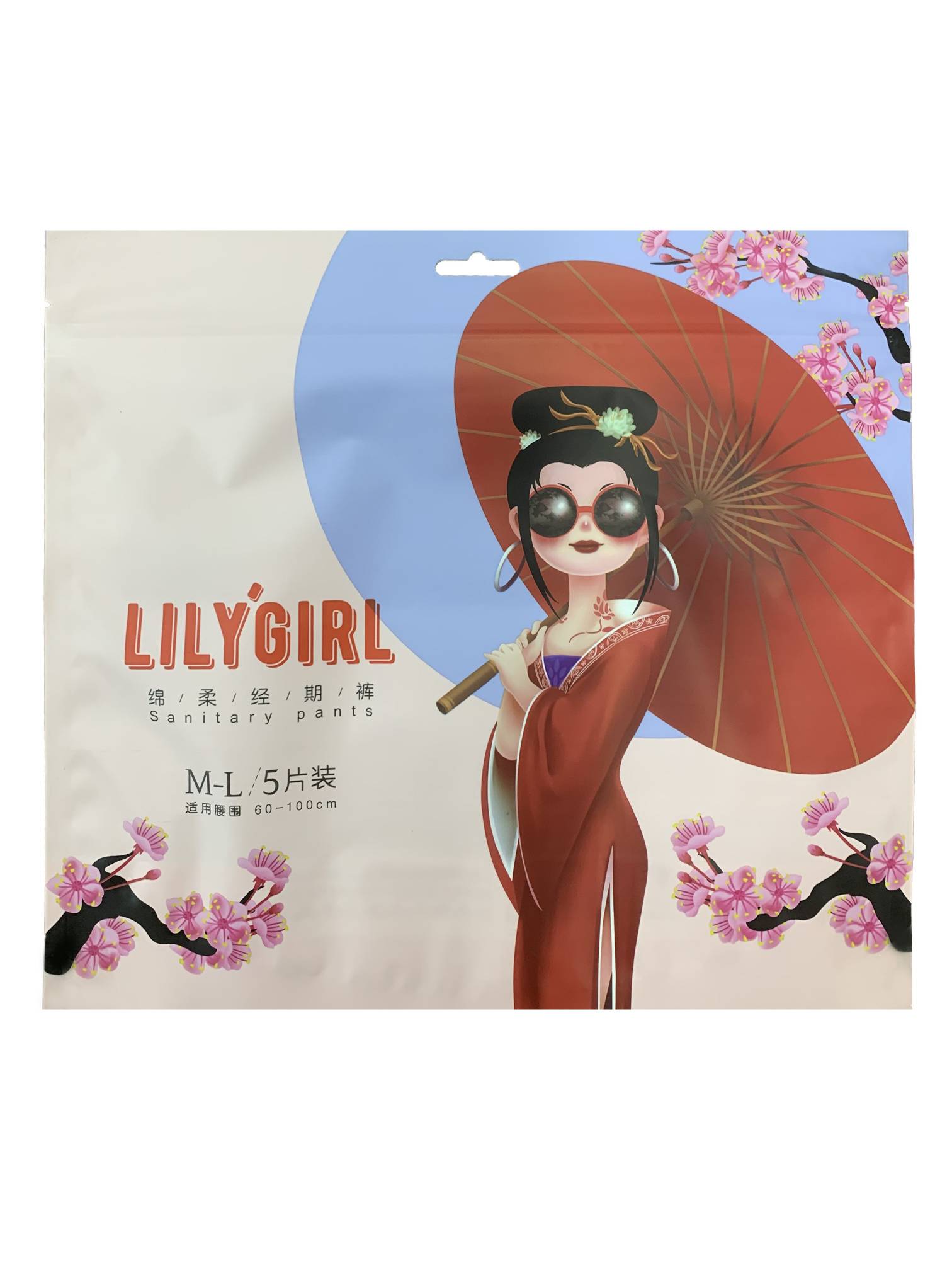Author:Tansox Packaging Poly Bags Manufacturer TIME:2025-04-25
Plastic resealable pouches have become a popular packaging choice for food products due to their convenience, cost-effectiveness, and ability to preserve the freshness of the contents. However, these versatile pouches are not limited to just food packaging. In recent years, many industries have explored the use of plastic resealable pouches for non-food products. This article delves into the potential uses, benefits, and considerations of using plastic resealable pouches for various non-food items, including personal care products, household goods, and industrial materials.

Plastic resealable pouches are flexible bags made from various types of plastic films, such as polyethylene (PE), polypropylene (PP), or laminate materials. These pouches feature a sealing mechanism, such as a zip-lock or slider, which allows the pouch to be opened and resealed multiple times. This feature is particularly beneficial for preserving the contents and maintaining freshness, as it prevents air and moisture from entering the pouch. The pouches come in different sizes, shapes, and designs, making them highly adaptable for various applications.
Plastic resealable pouches offer numerous benefits when used for non-food products. These advantages extend beyond the convenience of resealing and freshness preservation, which are critical for food products, to other practical aspects such as cost, space-saving, and sustainability. Let’s explore some of the key advantages in detail:

One of the primary reasons plastic resealable pouches are becoming popular for non-food products is their cost-effectiveness. Compared to traditional rigid packaging, such as glass jars or metal cans, resealable pouches are much cheaper to manufacture. This makes them an attractive option for companies looking to reduce packaging costs while still offering high-quality, functional packaging for their products. The flexibility of the pouches also allows businesses to adjust the size and design of the packaging according to the quantity of product being sold, further optimizing production costs.
Another major benefit of using plastic resealable pouches is their ability to save space. Unlike bulky packaging options like boxes or cans, these pouches are lightweight and compact. This is especially advantageous in industries where shipping costs and storage space are important considerations. The flat, flexible nature of the pouches means they can be stacked efficiently, optimizing warehouse and retail shelf space. Additionally, the lightweight material reduces shipping costs, allowing businesses to transport products more economically.
Just like food products, non-food items often require protection from environmental factors such as moisture, dust, and air exposure. Plastic resealable pouches offer an excellent solution by providing a sealed environment that protects the contents. For instance, in the personal care industry, products like cosmetics, lotions, or cleaning wipes benefit from resealable pouches that keep the product fresh and prevent contamination. Similarly, for industrial items such as small parts or tools, resealable pouches help prevent damage or rusting caused by moisture or dust.
Plastic resealable pouches are incredibly versatile and can be adapted to suit a wide range of non-food products. In the personal care and cosmetics sector, they are used for packaging products like shampoos, conditioners, body washes, and facial masks. These pouches are easy to handle and can be used as sample-sized products or for travel kits. In the household products industry, resealable pouches are commonly used to package items such as detergents, air fresheners, and cleaning supplies. They are also widely used in the pharmaceutical and healthcare industries for packaging items like medical supplies, vitamins, and even over-the-counter medications.
With increasing consumer demand for sustainable packaging, plastic resealable pouches are being designed with eco-friendly materials in mind. Many manufacturers are turning to biodegradable plastics or recyclable materials to create these pouches, reducing their environmental impact. However, it is important to note that not all plastic resealable pouches are made from environmentally friendly materials. As a result, companies must carefully consider the environmental impact of their packaging choices and explore eco-friendly alternatives where possible.
While plastic resealable pouches have many advantages, there are some challenges to consider when using them for non-food products. One of the main concerns is the durability of the pouches. Although they are suitable for many applications, resealable pouches may not be as durable as rigid containers in certain conditions, such as exposure to extreme temperatures or rough handling. Additionally, there is the potential for damage to the zipper or seal over time, which may compromise the integrity of the packaging. Another challenge is the perception that plastic packaging is less premium compared to glass or metal containers, which may affect the marketability of certain products.
To ensure that plastic resealable pouches are effective for non-food products, businesses should adhere to best practices when selecting and using this packaging solution. First, they should choose the appropriate material for the specific product. For example, products that are sensitive to moisture may require pouches with enhanced barrier properties, such as multi-layer laminates. Additionally, businesses should pay attention to the closure mechanism of the pouch, ensuring it is easy for consumers to open and reseal without compromising the seal integrity. It’s also crucial to test the packaging for product compatibility to ensure the pouch doesn’t interact negatively with the product’s formulation or contents.

In conclusion, plastic resealable pouches are a highly versatile, cost-effective, and practical packaging solution for a wide range of non-food products. From personal care and household items to industrial goods, these pouches provide a secure, space-saving, and customizable packaging option. While there are some challenges and considerations, such as durability and environmental impact, advancements in materials and technology are continually addressing these issues. By carefully selecting the right pouch design and material, businesses can benefit from the many advantages plastic resealable pouches offer while ensuring their non-food products remain well-protected and accessible to consumers.